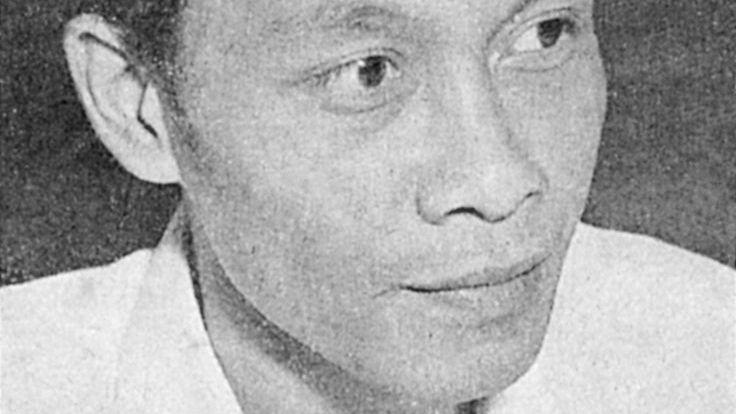Reconnecting with Our Indonesian Roots
- Alyssa Rosvita
- Jan 3, 2023
- 3 min read
Updated: Jun 6, 2023

Kerton, Sudjana. Indonesian Village Life. N.d., oil on canvas. Private collection.
1 in 276.4 million people; 1 in 1340 ethnic groups—that is your statistic as an Indonesian. Though it seems that you are standing alone, you are actually part of a large number, part of a larger community that is bonded together by culture.
As time progresses and globalization takes up more space in society, how connected do you feel to your cultural roots? Take this as an example: when someone asks, "Eh, lo orang mana, sih (Hey, where are you from)?" What would you answer? Would you tell them the city you grew up in or the ethnic group you belong to? This is tricky because, beyond your Indonesian nationality, you also have deep ethnic roots that you are connected to. Your identity as an Indonesian is so much more than the city you grew up in, and it's important for you to proudly claim it. But what is it that led us to be disconnected from our cultural roots? Well, the answer is complicated, as identity is complex; to each their own.
The big cities in Indonesia are a melting pot of thousands of ethnic groups. Most people are culturally mixed; one’s dad could be Karonese while their mom could be Javanese. In this case, how would you define yourself? Of course, as Indonesia is culturally patriarchal, this person is considered Karonese, but would it be fair to disregard half of their ancestral DNA? It could also come down to the cultural values they were raised with. Using the same example, this person could feel more connected to their Javanese blood as they are surrounded by Javanese values and practices. They might hear Javanese more often than Karonese, or they might eat more Javanese food than Karonese food. All of these circumstances could cause confusion, leading to disconnection.
Others may also be lacking in geographical knowledge. Have you ever been in a situation where you had to group yourself with another ethnic group for others to understand your cultural roots? Despite coming from a completely different community, you would need to "borrow" the identity of another culture to be able to successfully define yourself.
Furthermore, how many people do we know, for instance, who insist on calling the city where they live and work permanently (often a large metropolis like Jakarta) their "real home" rather than their actual city or island of origin? While this choice can be related to bragging rights for some, the bulk of them just chose a new cultural identity that they could identify with more after being removed and feeling detached from their roots for so long.
In the cases presented above, more often than not, it would be easier for us to define ourselves through the city we grew up in, right? Well, maybe not. As convenient as it is, we must remember that our culture is much more than where we came from. Cultures contain values and ways of life; they define who we are as people and where we belong in society. Taking full ownership of your identity can help you find your place and role as an Indonesian, making you feel like you belong and have a purpose. Most importantly, you will have your own source of identity.
Your journey of reconnecting with your Indonesian roots starts with self-acceptance. You have every right to make full claims to all of your heritage, whether you identify with one, two, or three ethnic groups. No matter how disconnected you feel from your culture—because of your upbringing or the influence of others—the first and most important step is to embrace who you truly are. If you are mixed or if you grew up surrounded by different cultures, why not claim all your identities? After all, is that not what Indonesia’s Bhinneka Tunggal Ika stands for?


.png)



Comments